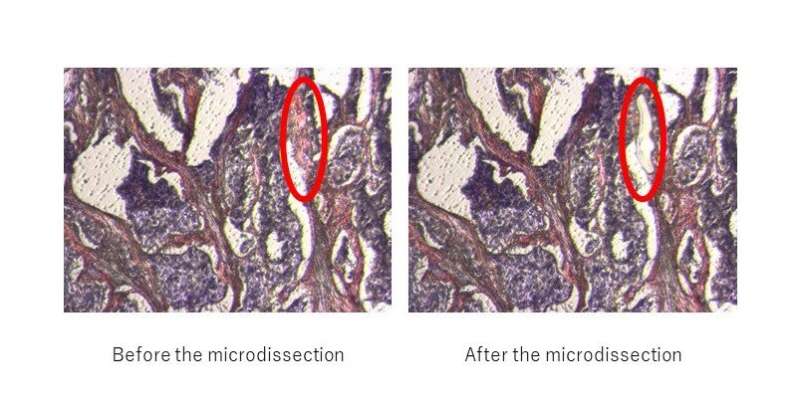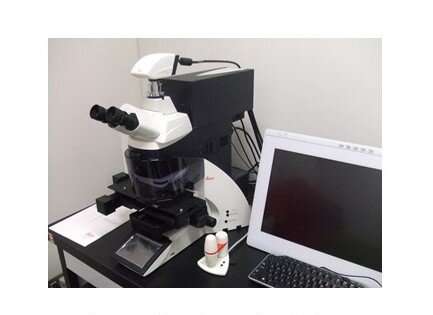A novel localized amyloidosis associated with duodenal neuroendocrine tumors

A research group led by Dr. Shojiro Ichimata, and Dr. Yoshiki Sekijima of Shinshu University School of Medicine, Department of Laboratory Medicine has discovered a new type of amyloidosis—somatostatin amyloidosis—inside a tumor. The research group revealed that somatostatin forms an amyloid mass in duodenal somatostatin-producing tumors using laser microdissection and liquid chromatography-tandem mass spectrometry techniques. Somatostatin is a hormone that is present in healthy individuals, but this study revealed that it can form amyloid at very high local concentrations in somatostatin-producing tumors.
This study showed that laser microdissection and liquid chromatography-tandem mass spectrometry methods are extremely useful for identifying new types of amyloidosis, and previously undocumented amyloidosis may be discovered by this method in the future. The fact that an increase in the concentration of a specific protein is involved in amyloid formation is expected to be useful for elucidating the pathophysiology of other types of amyloidosis.
This result was published in the online version of the journal Amyloid.

Source: Read Full Article



